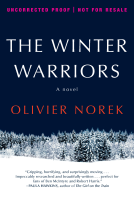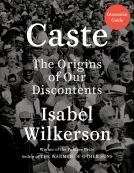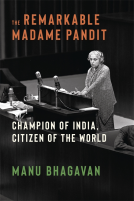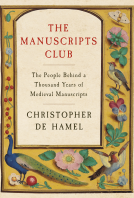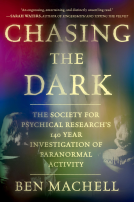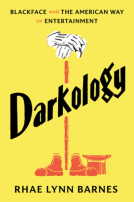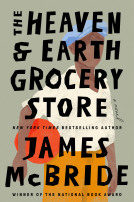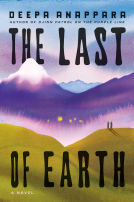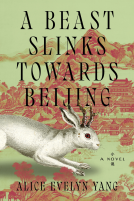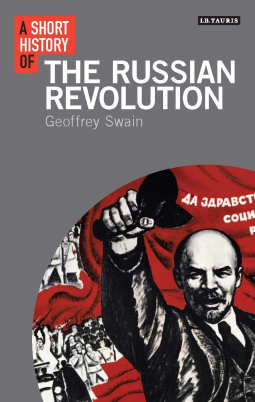
A Short History of the Russian Revolution
by Geoffrey Swain
This title was previously available on NetGalley and is now archived.
Send NetGalley books directly to your Kindle or Kindle app
1
To read on a Kindle or Kindle app, please add kindle@netgalley.com as an approved email address to receive files in your Amazon account. Click here for step-by-step instructions.
2
Also find your Kindle email address within your Amazon account, and enter it here.
Pub Date Apr 30 2017 | Archive Date May 18 2017
Description
ON THE CENTENARY OF THE RUSSIAN REVOLUTION, A BEAUTIFULLY WRITTEN HISTORY OF THE REVOLUTION THAT SHOOK THE WORLD
In 1917 revolution swept through Russia, ending centuries of imperial rule and instigating political and social changes that would change the future of world politics.
Arising out of discontent with the Tsarist autocracy and Lenin’s proclaimed version of a Marxist ideology, the revolutionary period saw a complete overhaul of Russian politics and society and led directly to the ensuing civil war. The Soviet Union eventually became the world’s first communist state and the events of 1917 proved to be one of the turning-points in world history, setting in motion a chain of events which would change the entire course of the twentieth century.
Geoffrey Swain provides a concise yet thorough overview of the revolution and the path to civil war. By looking, with fresh perspectives, on the causes of the revolution, as well as the international response, Swain provides a new interpretation of the events of 1917, published to coincide with the 100th anniversary of the revolution. This timely book explores the pivotal historical event that continues to have a lasting impact on humanity.
Geoffrey Swain is an expert on Russian History. He is Alec Nove Chair in Russian and East European Studies at Glasgow University and the author of Russia’s Civil War; Trotsky; Between Stalin and Hitler: Class War and Race War on the Dvina, 1940-46; Eastern Europe since 1945(with Nigel Swain) and Tito: A Biography (I.B.Tauris).
Advance Praise
‘an excellent contribution to an excellent series....invaluable reading for those who seek to understand the Bolshevik seizure of power in October 1917. This brief, clearly argued and well illustrated volume brings to bear decades of research of one of Britain’s leading historians of the Russian Revolution.’
-JAMES HARRIS, Senior Lecturer in Modern European History at the University of Leeds
Available Editions
| EDITION | Paperback |
| ISBN | 9781780767932 |
| PRICE | $15.95 (USD) |
Average rating from 14 members
Featured Reviews
 sara m, Reviewer
sara m, Reviewer
As a history graduate I have read a variety of books. My biggest passion is Russian history and I had been looking for a nice concise guide to the Revolution, especially with the 100th anniversary of it coming up.
This was well written, accessible (which can be incredibly hard for History books) and interesting.
I would definitely recommend this to someone who has an interest in the topic but does not want a bulky, heavy read.
Readers who liked this book also liked:
James McBride
General Fiction (Adult), Historical Fiction, Literary Fiction
Sean Sherman; Kate Nelson; Kristin Donnelly
Cooking, Food & Wine, History, Multicultural Interest
Alice Evelyn Yang
General Fiction (Adult), Literary Fiction, Sci Fi & Fantasy
Pelumi Olatinpo
Essays & Collections, Multicultural Interest, Politics & Current Affairs
